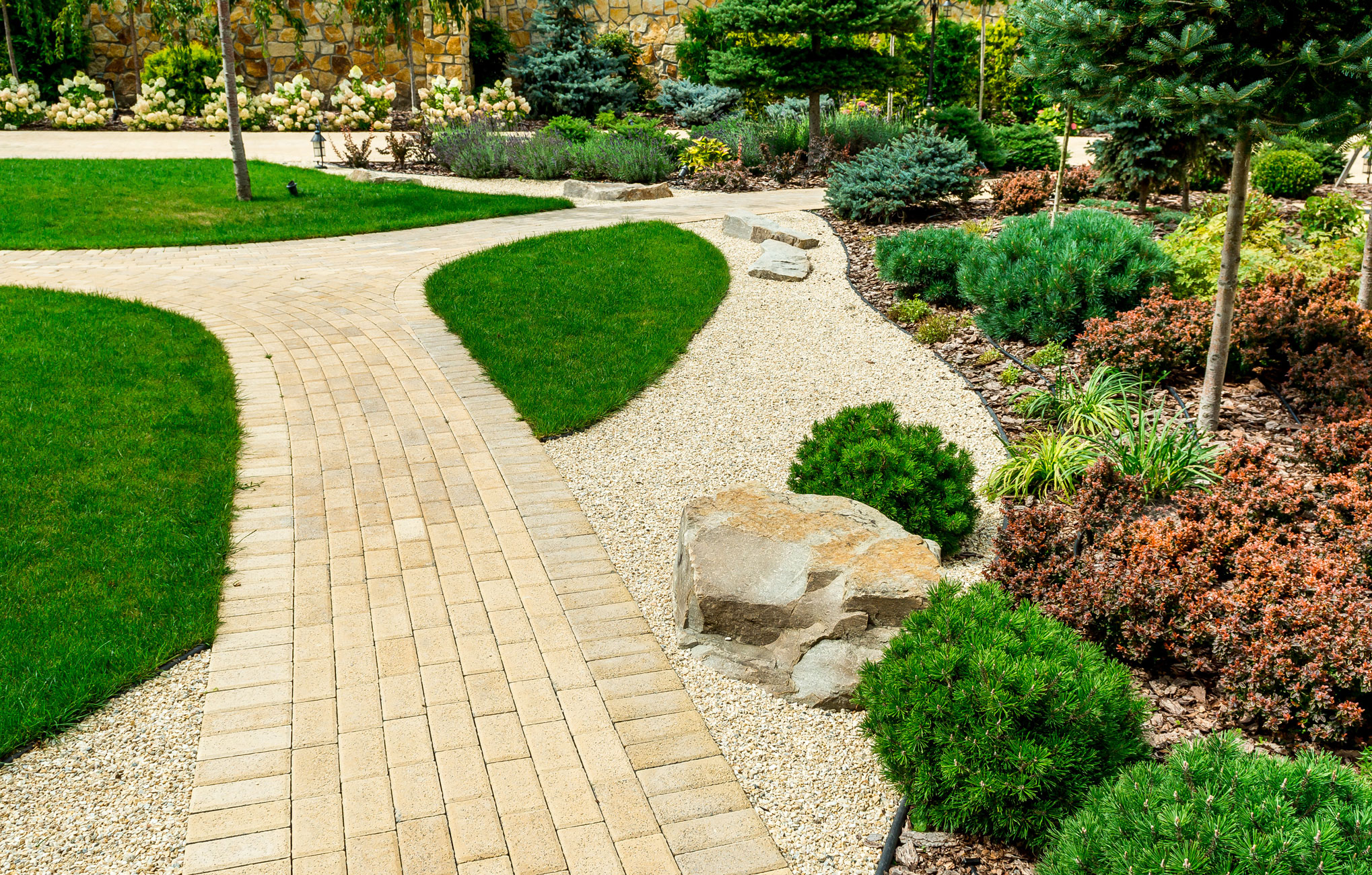Gravel driveways have become a popular choice among homeowners in recent years due to their affordability and low maintenance requirements. While gravel driveways offer numerous benefits, there are also some drawbacks that need to be considered before making a final decision. In this article, we will explore the pros and cons of gravel driveways to help you make an informed decision for your home.
Pros of Gravel Driveways:
Affordability: One of the biggest advantages of gravel driveways is their affordability. Compared to other driveway materials like concrete or asphalt, gravel is much more cost-effective. Gravel is readily available, and its installation requires minimal labor and equipment, making it an excellent option for homeowners on a tight budget.
Low Maintenance: Another significant benefit of gravel driveways is their low maintenance requirements. Gravel is a durable material that can withstand heavy traffic and extreme weather conditions. It doesn't crack or heave like concrete or asphalt, and repairs are generally straightforward and inexpensive. In addition, gravel driveways do not require regular sealing or cleaning, saving homeowners time and money on upkeep.
Aesthetically pleasing: Gravel driveways are available in a wide range of colors, sizes, and shapes, making it easy to create a unique and visually appealing driveway. Gravel can be used to complement any home's exterior design and can be paired with various landscaping features to enhance its overall appearance.
Water drainage: Gravel driveways allow for excellent water drainage due to the porous nature of the material. Unlike concrete or asphalt, water can seep through the gravel and back into the ground, reducing the risk of flooding or standing water on the driveway surface.
Cons of Gravel Driveways:
Maintenance: While gravel driveways are low maintenance, they do require some upkeep to remain in good condition. Over time, gravel can become compacted, and potholes may form due to heavy traffic or weather conditions. Regular grading and resurfacing are necessary to maintain a smooth and even surface.
Dust and Gravel Loss: Gravel driveways can be dusty, particularly during dry weather conditions. This can be problematic for homeowners who live near busy roads or in urban areas, where dust and debris can accumulate on the driveway surface. Additionally, loose gravel can migrate to other areas of the property, requiring regular cleanup and reapplication of new gravel.
Slippery Surface: Gravel driveways can be slippery, particularly during wet weather conditions. This can be dangerous for pedestrians and vehicles alike, increasing the risk of accidents and injuries. Homeowners can mitigate this risk by using gravel with larger particles, which offer more traction and a less slippery surface.
Limited snow removal: Gravel driveways can be challenging to clear of snow and ice during the winter months. Snow plows and shovels can damage the driveway surface, and applying salt or de-icing agents can cause damage to the gravel and surrounding vegetation. Homeowners can use snow blowers to remove snow from gravel driveways, but this can be time-consuming and may require additional equipment.
Gravel driveways offer several benefits, including affordability, low maintenance requirements, and aesthetic appeal. However, they do come with some drawbacks, including the need for regular maintenance, dust and gravel loss, a potentially slippery surface, and limited snow removal options. Ultimately, the decision to install a gravel driveway depends on your specific needs, budget, and preferences. If you are looking for a low-cost, low-maintenance, and visually appealing driveway option, gravel may be an excellent choice for you. However, if you live in an area with heavy snowfall or require a smoother, more uniform surface, you may want to consider alternative materials like concrete or asphalt.

.jpeg)